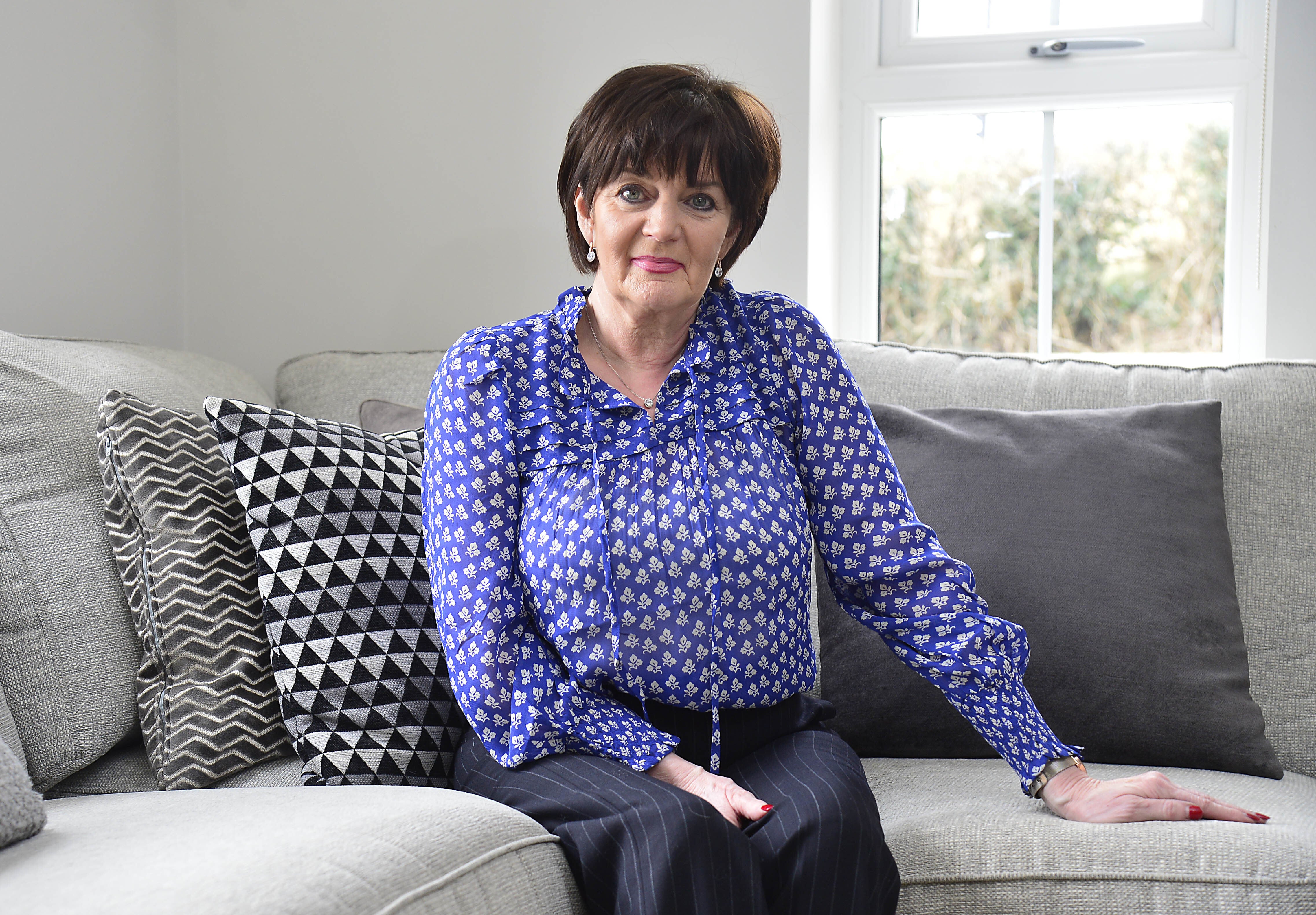Woman who was sexually harassed at Christmas party awarded almost £19,000
The tribunal found her claim of unfair dismissal was well founded but lesser claims were not upheld

Your support helps us to tell the story
From reproductive rights to climate change to Big Tech, The Independent is on the ground when the story is developing. Whether it's investigating the financials of Elon Musk's pro-Trump PAC or producing our latest documentary, 'The A Word', which shines a light on the American women fighting for reproductive rights, we know how important it is to parse out the facts from the messaging.
At such a critical moment in US history, we need reporters on the ground. Your donation allows us to keep sending journalists to speak to both sides of the story.
The Independent is trusted by Americans across the entire political spectrum. And unlike many other quality news outlets, we choose not to lock Americans out of our reporting and analysis with paywalls. We believe quality journalism should be available to everyone, paid for by those who can afford it.
Your support makes all the difference.A woman who was sexually harassed at a work Christmas party has been awarded almost £19,000 by an industrial tribunal.
Shirley Lyons, who worked as a designer and sales consultant with Starplan in Portadown, Northern Ireland from June 2013 until April 2018, was awarded £18,857 after her complaints of sexual harassment and victimisation were partially upheld by a tribunal.
The tribunal found her claim of unfair dismissal was well founded but lesser claims were not upheld.
The tribunal heard that Ms Lyons was the only female employee, along with six male employees, to attend the company’s Christmas party in Starplan’s Portadown showroom on December 16 2017.
Ms Lyons, whose case was supported by the Equality Commission, said that when the party moved onto a restaurant, she was subjected to unwanted sexual attention.
The tribunal found that one of her colleagues had made comments about Ms Lyons’ breasts and cleavage and hugged her from behind without her consent.
He also suggested to her that that they might have an affair and touched her bottom in the restaurant.
The tribunal was “satisfied that these matters amount to both verbal and physical conduct of a sexual nature”.
The tribunal was told that on December 20 2017, Ms Lyons reported to her line manager that she had been sexually harassed by a male colleague.
Seven days later, she lodged a formal written grievance.
The tribunal upheld a number of complaints from Ms Lyons that she had been victimised by three colleagues following her complaint.
The panel said this included ignoring and excluding her, threatening to “take her down” and intimidating and abusive language and behaviour.
Ms Lyons resigned from the company in April 2018.
The case was heard in 2018 but, following an appeal by Ms Lyons, an anonymity order was revoked in January 2023.
Ms Lyons said: “I am pleased the case is now over, this has put huge pressure on me and my family and I’m so thankful for their support.
“I’m also glad the tribunal agreed to lift the anonymity order, it’s important for me to be free to talk about that night and what happened afterwards.
“We were on a night out, something that we had done in previous years without incident, so I was surprised and upset by what happened.
“Initially, I was determined not to let it ruin my night, and I did my best to make it clear I had had enough of this behaviour on the night, but it ended up a very bad experience.
“What happened afterwards, though, was worse – my workplace no longer felt safe for me and I felt physically sick going into work in the mornings.
“I stood up to behaviour that shouldn’t be happening in any workplace and my manager, and my employer totally failed to protect me both from the harassment and from being victimised afterwards.”
Geraldine McGahey, chief commissioner at the Equality Commission, said: “Work parties and outings can be an important element of reward, recognition and team building.
“But, like any other area of work, employers must ensure everyone attending is safe and their dignity is respected, and if that doesn’t happen, and staff have cause to complain, they must be protected from victimisation.”



Join our commenting forum
Join thought-provoking conversations, follow other Independent readers and see their replies
Comments